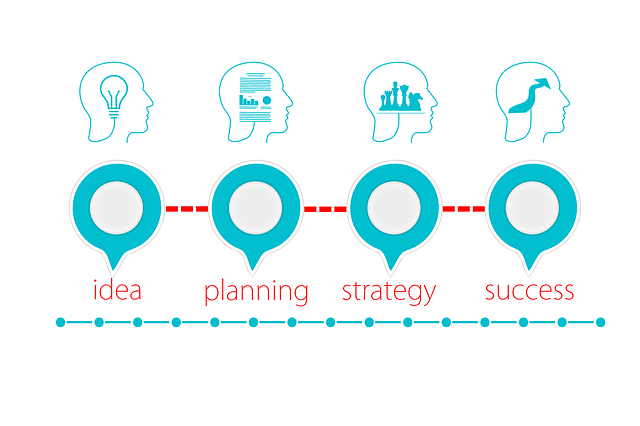7 Things to Incorporate in Your Startup Business Plan

An entrepreneurial career is a subtle mixture of sheer excitement, value, and setbacks, but this is what it takes to bring success to startup businesses.
Speaking of which, the initial days of your startup business will undoubtedly be a challenging one where you will have to audit most of the decisions by considering their value in the long run.
This also includes creating a long-term business plan revolving around the present-day situation of your business and the value of your idea in the market.
You may think that creating a business plan is a waste of time when you can work them out on the go, but this is where most of the startup businesses are failing today.
The major cause of a startup business’s failure is not being competent enough to survive in the market due to a lack of planning.
If you are wondering how to craft your business plan that will help you thrive in your entrepreneurial career, here are some of the major things that you should include in your planner:
Include an Overview
When it comes to crafting a business plan for your startup, the first thing that you need to include is a brief overview of what your company does and why you came up with your unique business concept.
In simple terms, let the people know who you are, what you do, and what you desire in the future in the form of an executive summary.
When you are done briefing details regarding your brand story, you can concentrate on elaborating about your products and services that you currently offer and what else you have planned in the bucket that will benefit the audience to the utmost level.
Bring Forward Your Management Team
Conferring the present-day state of your startup business is really important for an entrepreneur who is looking for long-lasting success in the market.
It will help the people understand that how you started everything from scratch and what were your achievements till date.
Now, it is obvious that one person alone cannot run an entire company no matter what is the size of the business or in which industry it does operate in.
Bring forward your team and the people who are already a part and entirely invested in your business.
Make sure that you provide a proper description of the current management team that will include the size of the team, along with the respective experience, accomplishments, and skillsets.
This is where you can get a hand over the financial investors who would be funding your startup business.
This can also help you in getting a financial loan approved in your bank
After all, everyone is looking to invest their resources in assets and you should provide them with the information regarding that.
Lend a Tidy Overview of Your Product or Service
After you are done showcasing your team, it is time to extend your efforts in explaining your existing products and services that you are offering to the market.
Make sure that everything you present is concise with an underlining informative statement.
This will help you in making your target audience understand the value and benefits of your offerings in broad detail.
This is an important task that you need to perform keeping in mind that your audience is not familiar with the offerings of your business, which makes it more than important to be thorough while spreading your message.
Know Your Customer (KYC)
Understanding your niche or target market is really important, especially when have just begun your startup business.
Whether your market is old or young, it is important to learn all the important details that will help you in understanding their needs and wants.
Once you are able to retrieve that information, it will become much easier for you to market your products excessively.
This can be easily done when you are able to demonstrate that you are mindful of what you are selling and how it can help in making their lives easier.
In addition, it will show your competency to your investors and will help in keeping the revenue intact.
Identify Your Competitors
Listing your direct opponents is critically important while crafting your business planner.
After all, having a healthy competition will only help you in making your offering much better than the others.
Ensure using your business plan for knowing your opponents in the market who more or less sell the same product and service like yours.
Evaluate their business operations in terms of their team size, the range of products, financial results, performance, and overall reputation.
Once you are able to break the mystery, you can work on making yourself unique and different that will automatically bring more light to your business.
Set Realistic Goals
Having equipped with groundbreaking aspirations is perhaps the biggest reason why you landed up brainstorming your startup business idea.
However, it is good to be ambitious and greater to be high aspirations, but it is best to remain practical and realistic when it comes to setting business goals while creating your startup business planner.
You will have to set goals following which you and your team can get motivated and excited to drive their efforts in achieving them rather than getting confused and nervous.
Planning for steady development will keep the sustainability intact in your operational business.
Mention Your Risks with Honesty
Running a startup business is always a risky one given the fact that markets keep on changing every day.
Whatsoever the case might be, be honest while listing your risks in your planner.
Mention how you have managed to minimize and avoid the risks such as debt and working with firms after going through debt settlement reviews.
Highlight your readiness to cope with the situation by adapting to it brilliantly.
Conclusion
The above-mentioned tips will hopefully help you in structuring your business planner.
Make sure to include the unique essentials of your business venture and bring yourself and your business together that will make your clients and customers comfortable.
Follow your dreams and work hard to make them a reality.






